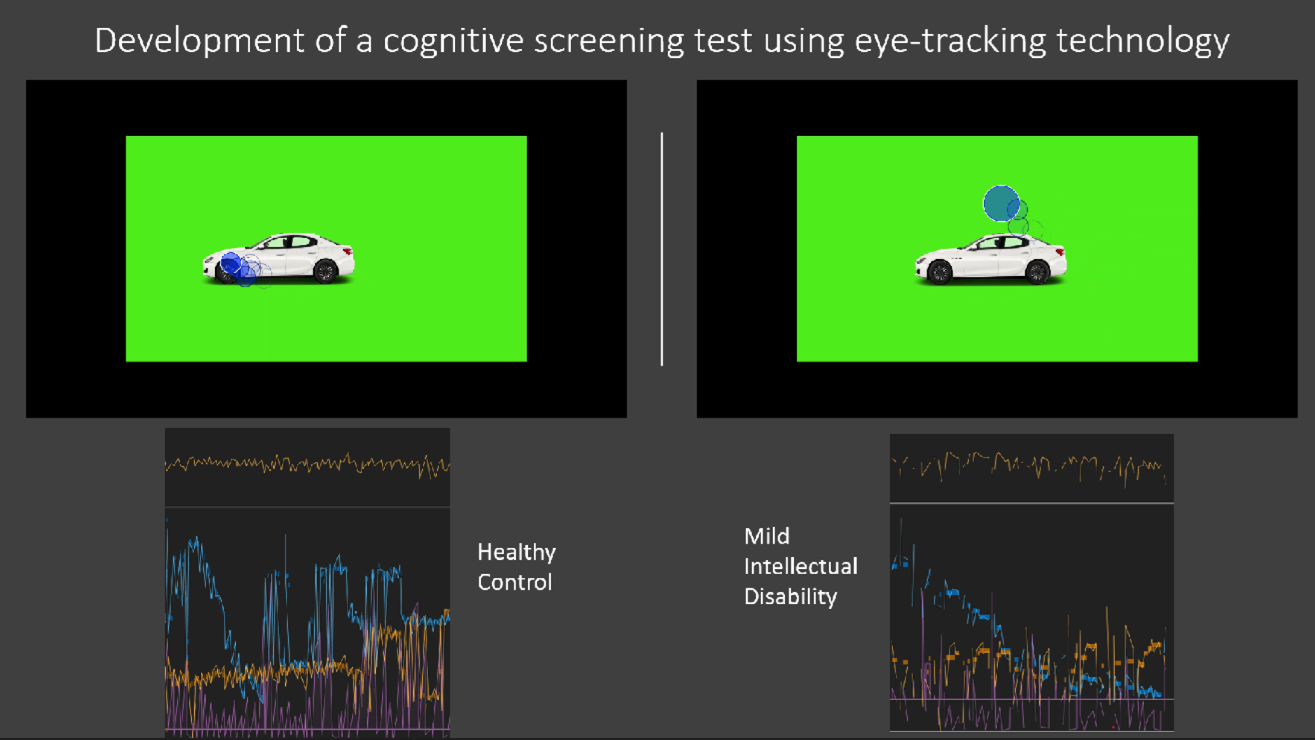Helen Lindner
Helen Lindner Position: Senior Lecturer School/office: School of Health SciencesEmail: aGVsZW4ubGluZG5lcjtvcnUuc2U=
Phone: +46 19 303734
Room: P2145

About Helen Lindner
I am a senior lecturer in occupational therapy at Örebro University in Sweden. I have a BSc degree in Pharmacology at University College, London, UK, a MSc degree in Medical Informatics at University of London, UK and a BSc degree in Occupational Therapy at Örebro University, Sweden. In 2013 I received a PhD degree in Medical Sciences at Örebro University. My current work tasks include teaching occupation-based cognitive rehabilitation and working with patients of mild to severe cognitive impairments.
Research
My two main research interests are (i) to investigate cognitive functions in individuals with multiple disabilities (fig.1), and (ii) to explore the process in learning a multi-articulating prosthetic hand (fig.2). I use eye-tracking technology and motion analysis to quantify and understand attention, visuospatial skill, cognitive load and body movements in different patient groups and activities. My research goal is to integrate research results timely into current rehabilitation practice.

In the following webinar from Tobii Pro in 2021, I presented how I have used eye tracking glasses to trace cognitive processes during learning of multi-articulating prosthetic hands.
https://www.tobii.com/resource-center/webinars/using-eye-gaze-to-trace-cognitive-processes
In the following presentation for the 16th International Conference on Music Perception and Cognition in 2021, my music therapy colleague and I presented the use of eye-tracking technology to investigate eye contact and attention during music therapy in a patient of vegetative state.
https://www.youtube.com/watch?v=oaHck7YH2Nc
In the following presentation for the World Congress of Occupational Therapists in Paris 2022, I presented how I have used gaze-controlled video games as cognitive training for individuals with severe cognitive impairments.
https://www.youtube.com/watch?v=Y2c9TfcArUo
In the following presentation of the national congress of the Lativa Association of Occupational Therapists in 2023 (from 1hour and 6 mins), I presented how to use eye tracking in clinical practice and research.
https://www.youtube.com/watch?v=v58kIZ8JC3E&list=PLuZn-9pHkfFSJ2hfvoAFyMdk-zp_kp-DN&index=1

Teaching
I coordinate a BSc course in occupational therapy for individuals with cognitive impairments, psychiatric disorders and neurodevelopmental disorders. I teach basic pharmacology to occupational therapy students and how medications affect occupational therapy interventions.
Clinical practice
I meet patients with Austim Spectrum Disorders at the Adult Habilitation Centre, Region Örebro County. I provide training, advice and assistive technologies (digital and non-digital) to my patients that have different needs in their daily life.
International Collaborations
I have three ongoing research collaborations; one project is a collaboration with Professor Jumpei Obe at the Japan's Kobe Gakuin University to investigate cognitive load in using multifunction prosthetic hands.
The second project is a collaboration with Dr. Lotfi Merabet at Harvard Medical School to investigate visuohaptic skills in early brain-based visual impairment https://merabetlab.meei.harvard.edu/lab-members/
The third project is a collaboration with Dr. Petre Breazu at University of Cambridge using Multimodal Conversation Analysis to analyse patient-therapist interaction during training sessions of assistive technologies.
Research projects
Active projects
- Use of eye tracking technology among individuals with multiple disabilities and severe communication difficulties
- Rethinking Environments in Dementia Care Homes (REDem) - paving the way for equality in care delivery
- Assessment of Capacity for Myoelectric Control (ACMC)
- Effects of cognitive assistive technology in individuals with cognitive impairments - a longitudinal study
- Promoting Dance Movements with Welfare Technology
- National survey of musculoskeletal pain and overuse symptoms in people with dysmelia or acquired arm amputation
- The development of an automatic cognitive screening test using Advanced Eye-Tracking Technology
- Visuohaptic skills in early brain-based visual impairment
- Cross cultural adaptation, validation and the use of the Age-Friendly Cities and Communities Questionnaire (AFCCQ)
